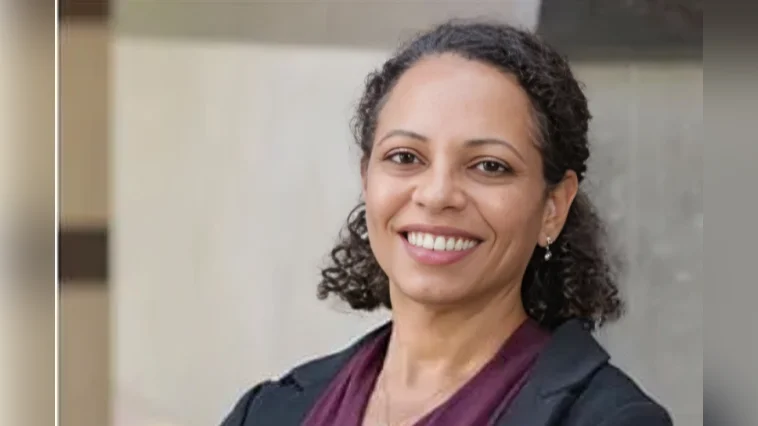A $3 million grant from the U.S. National Science Foundation (NSF) has been awarded to the University of Chicago to establish a new hub focused on advancing domestic chip and semiconductor manufacturing. The NSF ACE-3D Chip Design Hub will be led by Farah Fahim, a senior scientist at the UChicago Pritzker School of Molecular Engineering and Microelectronics Division director at Fermi National Accelerator Laboratory.
The goal of the initiative is to address challenges in the U.S. semiconductor sector by expanding talent pipelines, fostering innovation, and connecting academic research with advanced manufacturing resources. Staff scientists from both UChicago and Fermilab will collaborate on this project.
“Here in the United States, we have very good chip design innovation, but it is not connected to the domestic manufacturing ecosystem,” Fahim said. “By giving academia access to advanced manufacturing resources, we can propel manufacturing efforts across the country.”
The ACE-3D Hub aims to transform how vertically stacked chips are designed, moving beyond traditional flat designs used in many electronic devices. The hub plans to build a user community and introduce new technologies that link academia, national laboratories, and industry partners nationwide.
Previously, necessary manufacturing tools were scattered and difficult for researchers to access. By consolidating these tools into organized “design flows” and developing assembly design kits that clarify complex processes, Fahim hopes future members of the workforce will find it easier to innovate within the domestic semiconductor field.
ACE-3D will share its curricula and design flows with other academic institutions through this NSF program.
Nadya Mason, dean of UChicago’s Pritzker School of Molecular Engineering and interim vice president for Science, Innovation, and Partnerships at the university, emphasized that ACE-3D would serve as a national resource for science advancement as well as workforce development in 3D chip design.
“With our unmatched collaborations between academia, industry and national labs, UChicago is the natural place to grow both lab innovations and workforce solutions for the chip industry,” Mason said. “We are proud to be home tothis new NSF center dedicated to spurring domestic semiconductor production.”
The initiative includes support services such as help desks, tutorials, coursework, and design kits intended to bridge gaps between students designing chips and manufacturers producing them.
Jason Conrad from SHIELD USA—a research initiative led by Arizona State University in partnership with Deca Technologies—expressed enthusiasm about collaborating with ACE-3D Hub. SHIELD USA was established earlier this year with a focus on boosting domestic microchip packaging capacity for national security purposes.
“UChicago ACE-3D will fill critical gaps in knowledge and access to the latest electronic design automation tools and technologies that are essential for the U.S. innovation leadership and workforce development,” Conrad said.
“SHIELD USA looks forward to partnering with ACE-3D Hub to access and test our advanced organic substrates being developed as part of the [National Advanced Packaging Manufacturing Program] project.”
Industry representatives also welcomed news of the hub’s creation. Robert Patti, CEO of NHanced Semiconductors based in Batavia, Illinois said: “The nation has a huge need for new talent that is trained to implement the next generation of semiconductor technologies. We see the ACE 3D Hub as vital for U.S. competitiveness.”
Katy Crist from Synopsys noted: "The National Chip Design Hub and this award play a pivotal role in meeting the urgent need for a skilled semiconductor design and manufacturing workforce, particularly in the rapidly evolving field," she said. “Investments like this are crucial to sustaining United States leadership in the dynamic semiconductor sector."
Co-principal investigators include faculty from Northwestern University (Prof. Seda Ogrenci), University of Illinois Urbana-Champaign (Prof. Pavan Kumar Hanumolu), Arizona State University (Prof. Hongbin Yu), University of Minnesota (Prof. Yu Cao), and UCLA (Prof. Puneet Gupta).
The NSF Chip Design Hub program began funding up to two centers starting in 2023; Purdue University's Chipshub was also recently selected by NSF for similar support.
Fahim described both projects as complementary: Purdue’s hub provides foundational tools while UChicago’s connects academic research communities with advanced manufacturing processes.
“Manufacturing will thrive because chip design training will be more accessible and research will thrive because there will be a community supporting this important effort,” Fahim said.

